Coconut Sugar Secrets: Why Bulk Buying is the Sweetest Deal for Your Kitchen
Ever stood in front of a grocery aisle, staring at rows of sweeteners, and wondered which one to choose? If you're nodding yes — you're not alone. Among honey, maple syrup, agave, and regular table sugar, bulk coconut sugar has quietly made its way into kitchens around the world. And for good reason!
Table of Contents
- What is Coconut Sugar?
- Why Buy Coconut Sugar in Bulk?
- Coconut Sugar vs. Other Sweeteners: A Visual Comparison
- How to Use Coconut Sugar in Everyday Cooking
- Bulk Coconut Sugar Buying Guide: Tips & Must-Knows
- Top 5 Brands for Bulk Coconut Sugar
- Storage Tips to Keep It Clump-Free
- Final Thoughts: Is It Worth the Investment?
What is Coconut Sugar?
Also known as coconut palm sugar, this natural sweetener comes from the sap of cut flower buds of the coconut palm tree. The sap is collected, heated, and evaporated until it becomes a thick syrup, then dried and granulated into the familiar brown sugar-like texture we know.
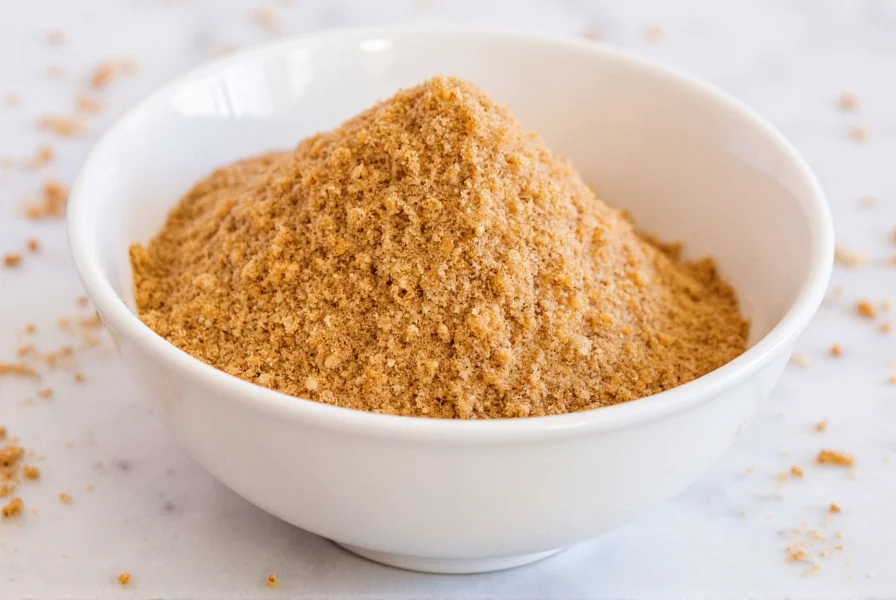
Unlike refined white sugar, coconut sugar retains trace amounts of nutrients like iron, zinc, calcium, and potassium, making it slightly more nutritious — but don't go thinking it's a miracle food. It still counts as a sugar and should be consumed in moderation.
Why Buy Coconut Sugar in Bulk?
If you find yourself using coconut sugar regularly in your baking, smoothies, or coffee, buying in bulk makes perfect sense. Here’s why:
- Economical Choice: Buying in large quantities usually cuts the cost per ounce significantly.
- Less Packaging Waste: Fewer small bags mean less plastic and paper waste — eco-friendly win!
- Time-Saving: You won’t need to keep running back to the store every few weeks.
- Great for Meal Prep: Ideal if you're into batch cooking or prepping healthy snacks for the week.
Coconut Sugar vs. Other Sweeteners: A Visual Comparison
| Sweetener | Glycemic Index | Flavor Profile | Texture | Best For |
|---|---|---|---|---|
| Coconut Sugar | 35–40 | Caramel-like, earthy | Granular, similar to brown sugar | Baking, tea, desserts |
| White Sugar | 65–70 | Neutral, sweet | Fine, crystalline | General cooking, cocktails |
| Honey | 58 | Floral, fruity | Thick liquid | Oatmeal, yogurt, dressings |
| Maple Syrup | 54 | Woody, rich | Smooth syrup | Pancakes, glazes, marinades |
| Stevia | 0 | Intensely sweet, sometimes bitter aftertaste | Powdered or liquid | Low-calorie recipes, drinks |
This handy table helps you decide which sweetener works best for your lifestyle. Coconut sugar’s low glycemic index makes it a popular choice among those managing blood sugar levels, though always consult with a healthcare professional for medical concerns.
How to Use Coconut Sugar in Everyday Cooking
The beauty of coconut sugar lies in its versatility. From sweetening your morning brew to adding depth to savory dishes, here are some creative ways to enjoy it:
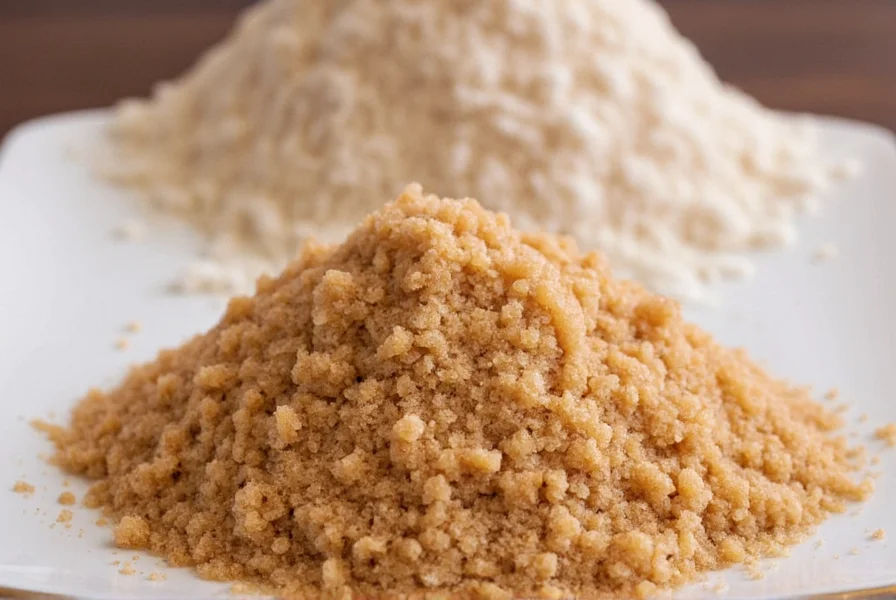
- As a 1:1 Substitute: In most baking recipes, coconut sugar can replace white or brown sugar in equal parts. Just note that it will darken the final product slightly.
- For Smoothies and Shakes: A spoonful adds natural sweetness without overpowering flavors.
- In Savory Dishes: Think Thai curries, barbecue sauces, or mole-style sauces where a hint of caramel flavor balances spice and acidity.
- To Make Homemade Energy Bars: Combine with oats, nuts, and dried fruits for a snack on the go.
- DIY Face Scrub: Mix with olive oil and coarse salt for an all-natural body exfoliant (not for consumption).
Bulk Coconut Sugar Buying Guide: Tips & Must-Knows
Ready to stock up? Here are the key things to look out for when choosing the right bulk coconut sugar:
- Organic Certification: Look for USDA Organic or other international certifications if purity matters to you.
- Origin: Southeast Asia, particularly Indonesia and the Philippines, produces high-quality coconut sugar due to ideal growing conditions.
- Moisture Content: Lower moisture equals longer shelf life. Too moist and it might clump or spoil faster.
- Texture: Fine granules dissolve easily; coarser ones work better for sprinkling over desserts.
- Package Type: Resealable bags or buckets help maintain freshness and make storage easy.
Top 5 Brands for Bulk Coconut Sugar
Here are five top-rated options based on quality, value, and user reviews:
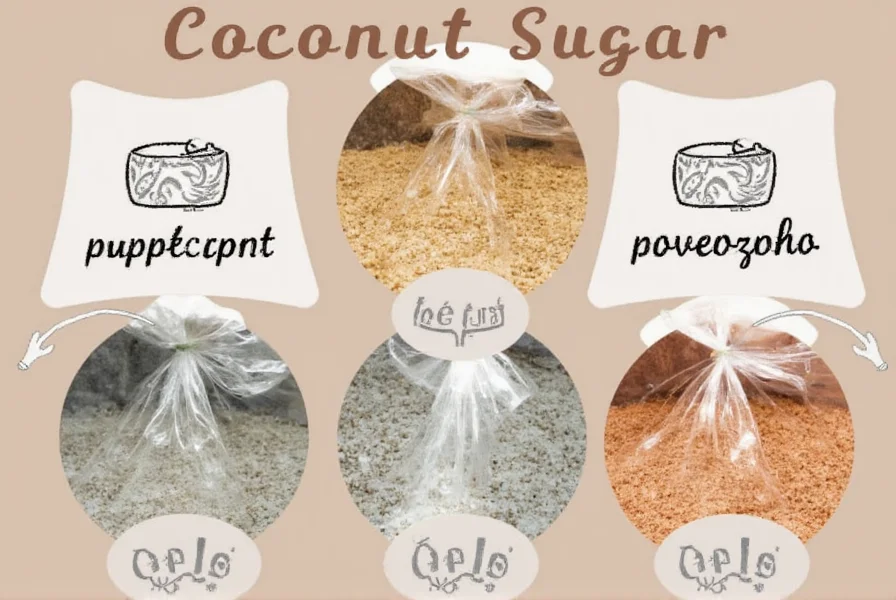
- Nature’s Way Organic Coconut Sugar: Known for consistency and clean sourcing practices.
- Now Foods Organic Coconut Crystals: Great for raw use and dissolves well in beverages.
- Big Tree Farms Organic Coconut Sugar: Sustainably harvested and ethically sourced.
- Anthony’s Goods Organic Coconut Sugar: Affordable bulk option with fine granulation.
- Wholesome Sweeteners Organic Coconut Sugar: Popular among chefs for its balanced flavor profile.
Storage Tips to Keep It Clump-Free
One downside of coconut sugar is that it can harden or clump if exposed to moisture. Here’s how to avoid that:
- Use an Airtight Container: Once opened, transfer to a sealed glass jar or resealable bag.
- Add a Desiccant Packet: Some bulk packages come with one — leave it in to absorb excess moisture.
- Store in a Cool, Dry Place: Avoid humid areas like above the stove or near the sink.
- Break Up Clumps Gently: If clumping occurs, break it apart with a fork or pulse in a food processor.
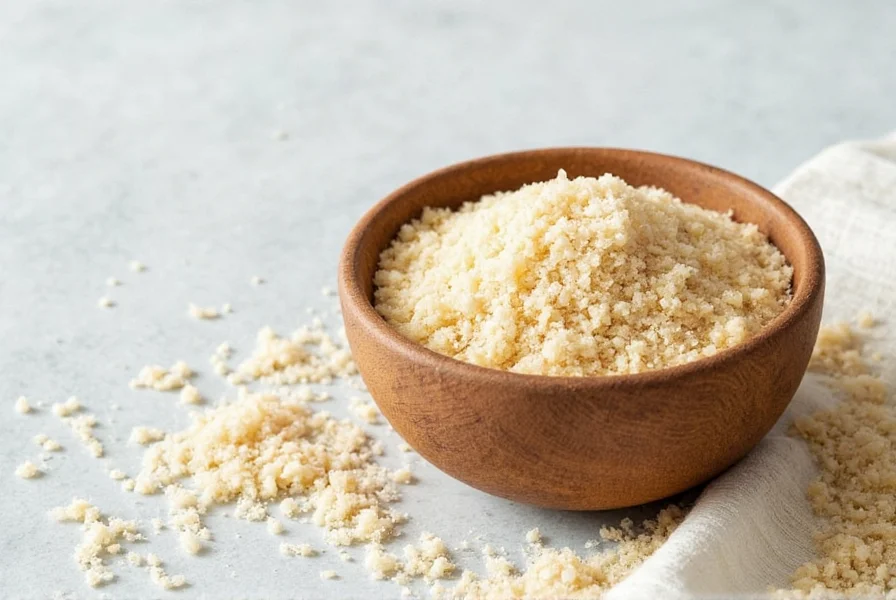
Final Thoughts: Is It Worth the Investment?
Absolutely! Whether you're a health-conscious baker, a smoothie fanatic, or just someone looking to switch up your sweeteners, bulk coconut sugar brings both flavor and function to your kitchen. It’s sustainable, mildly healthier than refined sugars, and surprisingly versatile once you get the hang of using it.
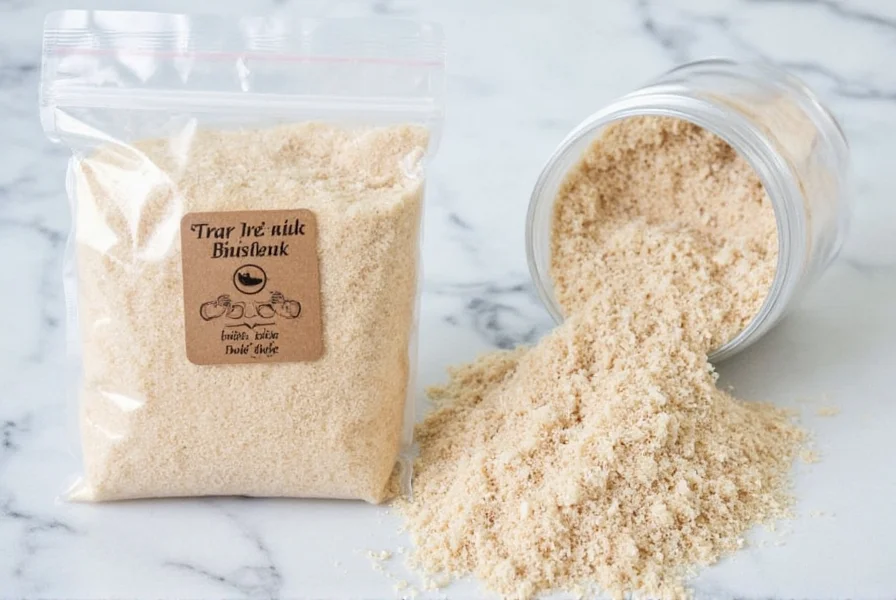
So next time you’re planning your pantry essentials, consider grabbing a big bag of coconut sugar. Your taste buds — and your budget — will thank you!

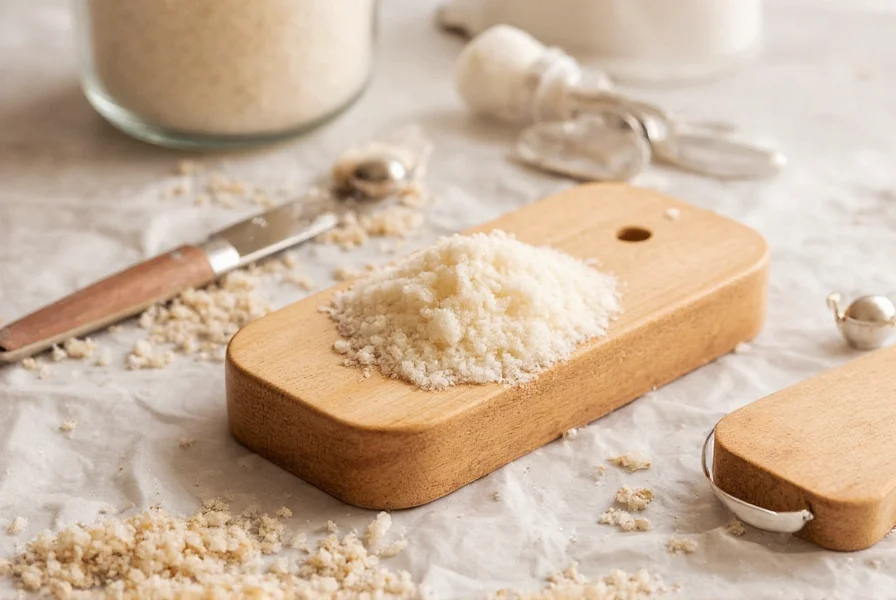









 浙公网安备
33010002000092号
浙公网安备
33010002000092号 浙B2-20120091-4
浙B2-20120091-4